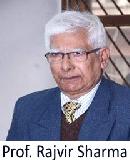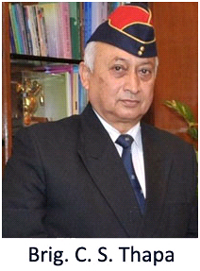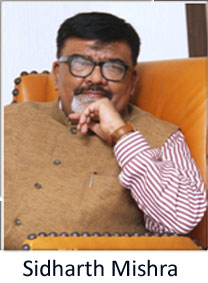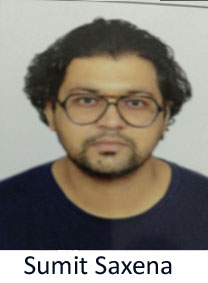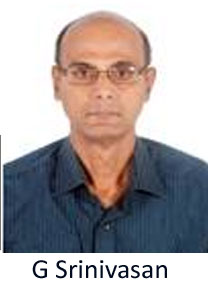Elections to the Lok Sabha in 2014 were held amidst the environment of desperation, hopelessness, demoralization and despair all around. Whether it was the issue of security, honesty and ethics in politics and society or of the governance, values of probity, responsiveness, empathy, accountability, transparency and openness, everything was at stake. The country experienced loot of public money by those who mattered in the ruling dispensation; scam after scams. And the worst part was that neither there was any remorse nor any serious efforts to arrest that trend to unimaginative corruption.
A social movement that caught the imagination of young India was launched against rampant loot of public resources by Anna Hazare giving birth to a new political party that soon forgot the values and objectives which Anna began his fight for and became a victim of all those vices which it promised to cleanse politics of, including the lust for power. It was here that BJP decided to present Narendra Modi as its Prime Ministerial candidate and to contest parliamentary elections under his leadership.
